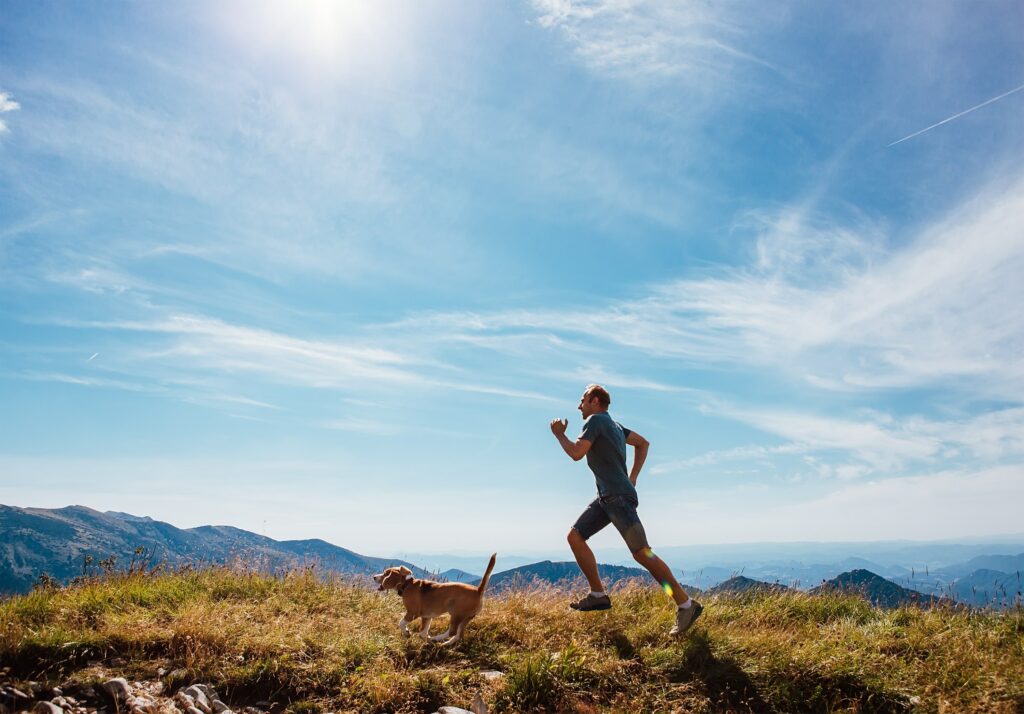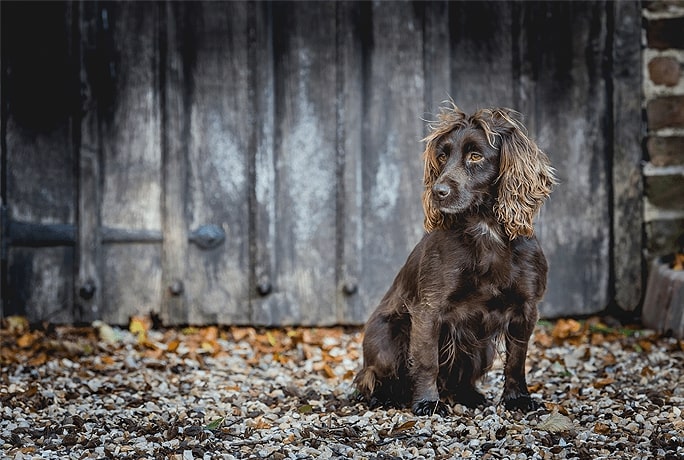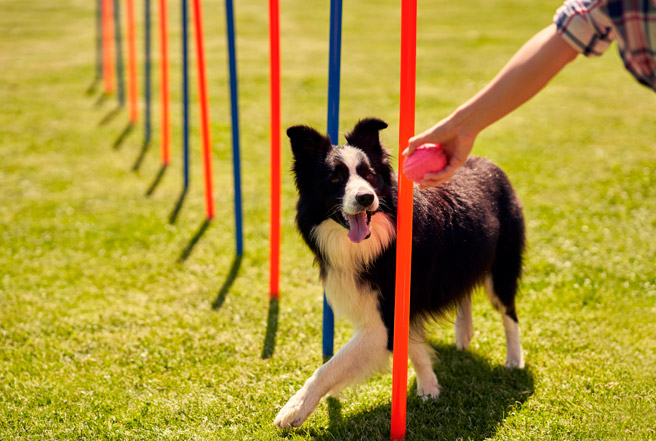Rehydrate not dehydrate!
Written by Zoe Russell, BSc (Hons)
Nutrition Officer, Skinner’s
The importance of keeping your dog hydrated

When assessing a complete diet we commonly speak about meeting nutrient requirements but have to remember the source of life: water. Water is an essential nutrient required for the body to function as it should, as well as being an important part of temperature regulation. Water is also key at all stages of digestion including absorption and excretion. If a dog becomes deficient in water, then you will start to see the signs of dehydration, which can quickly lead to serious health consequences. Water is often referred to as ‘the first limiting nutrient’, which means if an animal is deficient in water then their performance will drop much faster than if deficient in any other nutrient.
Drinking water
Dogs should always have access to a supply of fresh, clean water, regardless of the temperature outside. Access to this should be ad lib, which essentially means a dog should be able to drink as and when they please. Most dogs should be able to regulate their own water intake much like humans, however some health conditions may interrupt this and we always recommend speaking with your vet if you are concerned.
Daily drinking requirements
The European Pet Food Industry (FEDIAF) have provided a table highlighting how much daily drinking water is required for dogs when fed on either wet or dry food.
Daily drinking water requirement for dogs when fed on:
| Dry food (ml/kg of body weight) | Wet food (ml/kg of body weight) | ||
|---|---|---|---|
| Ambient temperature | < 20°C | 40-50 | 5-10 |
| High temperature | < 20°C | 50-100 | 20-50 |
| High physical activity | < 20°C < 20°C | Up to 100 Up to 150 | Up to 50 Up to 100 |
Concerned your dog may be dehydrated?
There are certain signs to look out for if you suspect dehydration, including panting, dry nose and mouth, lethargy, sunken eyes, elevated heart rate and pinched skin that doesn’t return to its normal position quickly but remains lifted. In the case of dehydration, this can lead to an imbalance of fluid in the body, difficulties with temperature regulation, organ damage and in severe cases even death. If you think your dog may be showing signs of dehydration, then it’s important to get to your vet as soon as possible, as early veterinary intervention can often be crucial in these circumstances.
Some pets may be more at risk of dehydration than others if they are unwell with diarrhoea or gastric upset (vomiting) as dehydration can occur quickly. In these cases it’s especially important to monitor how much water your dog is consuming and make sure they always have a source of fresh, clean water to access.
Contact us
If you need any more information about our diets, then please contact our nutrition team at nutritionsupport@skinners.co.uk or call us on 01379 384247 and we would be happy to help.



